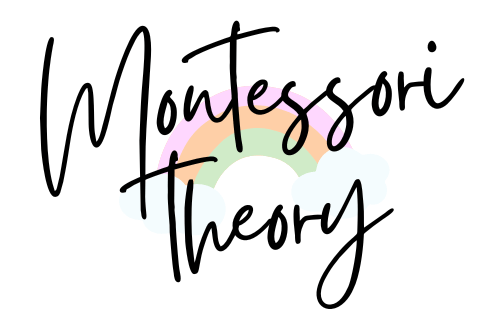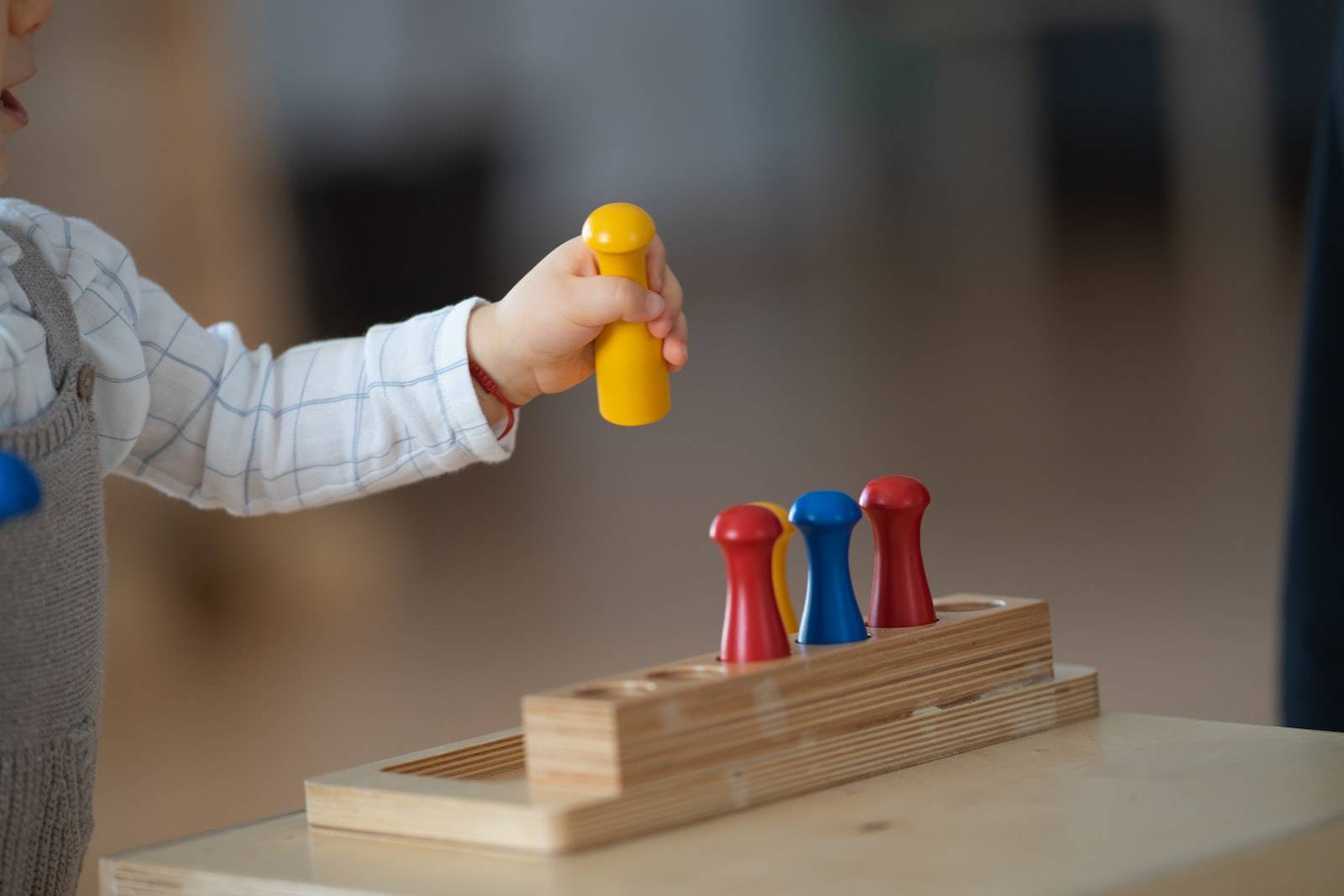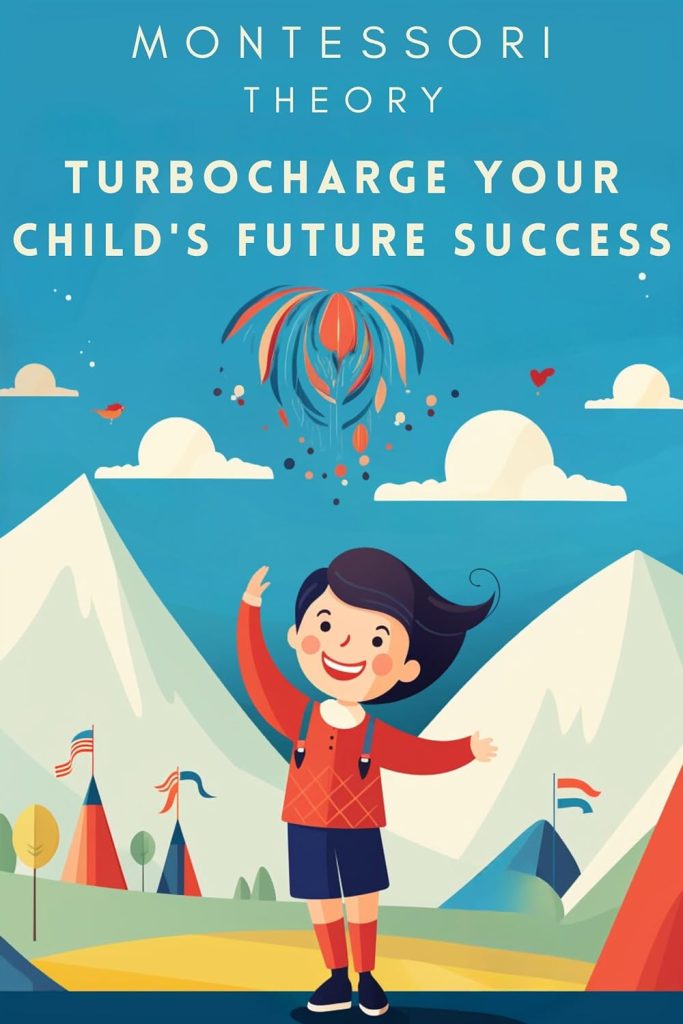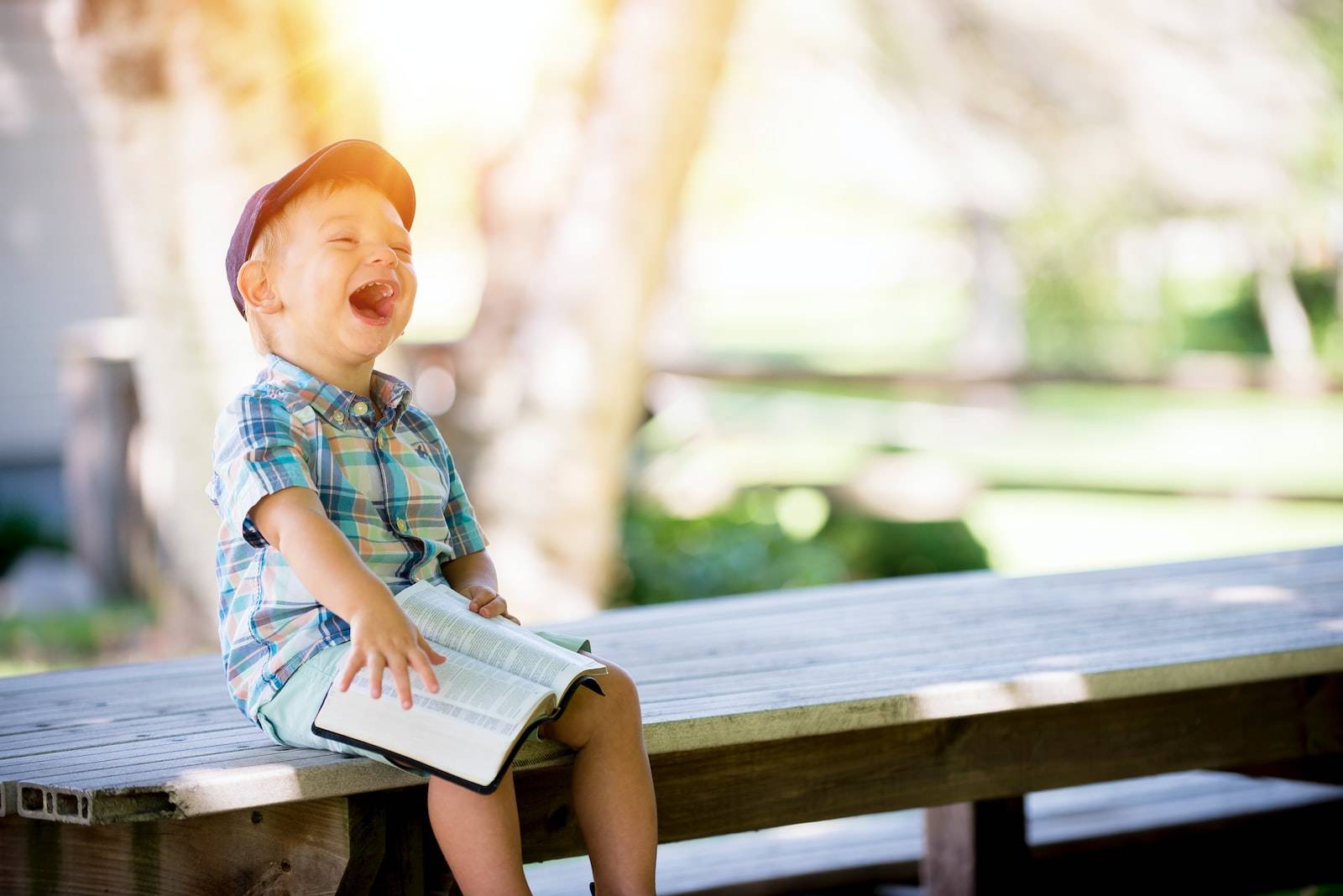In the Montessori method, children are viewed as independent individuals, capable of exploring and learning on their own. This educational approach is based on the work of Dr. Maria Montessori, who believed that children learn best through hands-on experiences. The Montessori method has been around for over 100 years and is still used in schools around the world today. If you would like to learn more about this educational approach, read on for an overview of the Montessori Method and its key principles.
Key Takeaways
- Focuses on hands-on, independent learning, respecting each child’s unique abilities.
- Utilizes a prepared environment for exploration and child-centered learning.
- Emphasizes individual development, mixed-age groups, and practical activities.
- Differs from traditional education with a focus on hands-on experiences and personalized learning.
- Benefits include fostering independence, creativity, and a love for learning.
What is the Montessori Method
The Montessori method, conceived by Dr. Maria Montessori, an Italian physician and educator, is a comprehensive educational approach that emphasizes the natural and holistic development of children. It’s grounded in the belief that children possess innate talents and abilities, and the role of education is to nurture these to their fullest potential.
Core Principles of the Montessori Method
- Respect for the Child: This principle is foundational in Montessori education. It involves treating each child as a unique individual, deserving of respect and the opportunity to develop at their own pace. This respect fosters a nurturing environment where children feel valued and understood.
- Observation: Central to the Montessori method is the role of the educator as an observer. Teachers closely monitor each child’s interactions, learning styles, and interests. These observations are crucial in developing personalized learning plans that cater to the individual needs and preferences of each child.
- Child-Centered Learning: Montessori classrooms are geared towards the interests and developmental levels of the children. This child-centered approach allows learners to engage with activities at their own pace, fostering a natural and intrinsic love for learning. It emphasizes the importance of allowing children to choose their learning activities, which promotes self-directed learning and autonomy.
Key Elements of the Montessori Approach
There are four key components of the Montessori Method:
- Prepared Environment: The Montessori classroom environment is meticulously organized to encourage children to engage in learning activities independently. It includes a range of materials and activities that are accessible to children, allowing them to explore and learn through direct experience. The environment is calm, orderly, and designed to meet the developmental needs of children at different ages.
- Role of the Teacher: In Montessori education, the teacher’s role is more of a guide or facilitator rather than a traditional instructor. Teachers provide support and guidance, helping children to explore and learn based on their interests. They create a supportive learning environment, encourage exploration, and offer challenges that are appropriate to each child’s development level.
- Mixed Age Groups: Montessori classrooms typically consist of mixed-age groups. This arrangement allows younger children to learn from older peers and gives older children the opportunity to reinforce their learning by teaching concepts they have already mastered. It fosters a sense of community and collaboration among students of different ages.
- Developmentally Appropriate Practices: The activities and materials in a Montessori classroom are selected based on their suitability for the developmental stages of the children. These materials are designed to be self-correcting and to offer concrete learning experiences. They help children to develop essential skills such as concentration, coordination, and independence.
How does the Montessori Method differ from other educational approaches
The Montessori method stands out from other educational approaches with its emphasis on catering to the individual needs of each child. Distinctively, it does not confine children to age or ability-based groups; rather, it allows them the freedom to move and learn at their own pace within the classroom. This method is characterized by a strong emphasis on hands-on, experiential learning, where children actively engage with materials to discover and understand new concepts, moving beyond passive information absorption.
Furthermore, the Montessori method is tailored to recognize and nurture the unique learning styles of each child. Teachers in this approach don’t just instruct; they work closely with each child, customizing the learning experience to maximize their potential. This personalized educational approach ensures that every child has the opportunity to develop fully and reach their highest capabilities.
What are the benefits of the Montessori Method
The Montessori method offers a unique educational experience that centers on the individual needs of the child. This approach is distinguished by its emphasis on a carefully prepared environment and a hands-on learning strategy.
The main advantages of the Montessori method include:
- Fosters Independence: By encouraging self-directed learning, the Montessori Method empowers children to develop self-reliance and autonomy in their educational journey.
- Promotes a Love for Learning: The engaging and stimulating Montessori environment is designed to nurture a deep-seated passion for learning that lasts a lifetime.
- Develops Critical Thinking Skills: Through its hands-on experiences, the method enhances analytical and problem-solving abilities, essential for academic and life success.
- Enhances Social Skills: The mixed-age classrooms in Montessori schools are ideal for fostering social development and cooperative learning among children.
- Supports Individual Learning Paces: Recognizing that each child learns differently, the Montessori Method adapts to individual learning speeds and developmental needs.
- Encourages Curiosity: The exploratory nature of the Montessori classroom stimulates curiosity and a desire to discover, key drivers of intellectual growth.
- Builds Practical Real-World Skills: Beyond academic knowledge, children learn practical life skills, preparing them for the challenges of the real world.
- Improves Concept Retention: The hands-on approach intrinsic to Montessori education ensures a deeper understanding and more effective long-term retention of concepts.
Understanding the Challenges of the Montessori Method
While the Montessori Method offers numerous benefits, it’s important for parents to consider its potential challenges before choosing this educational approach for their child.
-
Independence-Focused Learning
The Montessori Method places a significant emphasis on self-directed learning. While this fosters independence, it may not align with the learning style of every child, particularly those who may thrive under more structured or guided instruction.
-
Cost Considerations
Implementing the Montessori Method often involves specialized materials and equipment, which can make it a more costly option compared to traditional schooling. This financial aspect is an important consideration for families evaluating different educational choices.
-
Adjustment to a Unique Educational Model
The Montessori approach differs markedly from conventional educational systems. This distinctiveness can sometimes pose an adjustment challenge for children transitioning from a traditional school setting or starting their educational journey in a Montessori environment
Assessing if the Montessori Method Suits Your Child
The Montessori Method, known for its child-centric approach, emphasizes independence, hands-on learning, and collaborative experiences. When considering if this method is suitable for your child, several factors should be taken into account.
- Age Appropriateness: Primarily designed for children aged 3 to 6, a critical period for brain development, the Montessori Method offers a tailored learning experience that aligns with each child’s unique developmental needs.
- Active Engagement in Learning: Unlike traditional education models, the Montessori Method focuses on active, hands-on learning. This approach is ideal for children who engage best through direct interaction with educational materials, rather than passive listening or worksheet-based tasks.
- Social and Collaborative Environment: The Montessori classroom fosters a sense of community, encouraging children to work collaboratively and respect diverse perspectives. This environment can be particularly beneficial for children who flourish in social settings and learn effectively through interaction with peers.
- Flexibility and Customization: One of the strengths of the Montessori Method is its adaptability to individual learning styles and needs. The curriculum is flexible, allowing for adjustments to suit your child’s specific learning requirements, and the classroom setup can be tailored to support different styles of learning.
Embracing the Montessori Approach in Education
Montessori education stands out as a profoundly impactful way of guiding children through their learning journey. Anchored in the principles of self-directed learning, active engagement, and hands-on experiences, it reshapes the traditional educational landscape. This method empowers children to learn at their own pace, in their own unique way, transforming the learning process into an enjoyable and deeply effective experience. For parents considering this path, it’s essential to delve into research and connect with qualified Montessori educators. Embracing the Montessori Method opens up a world of discovery and growth, setting the stage for a lifelong love of learning and exploration.




